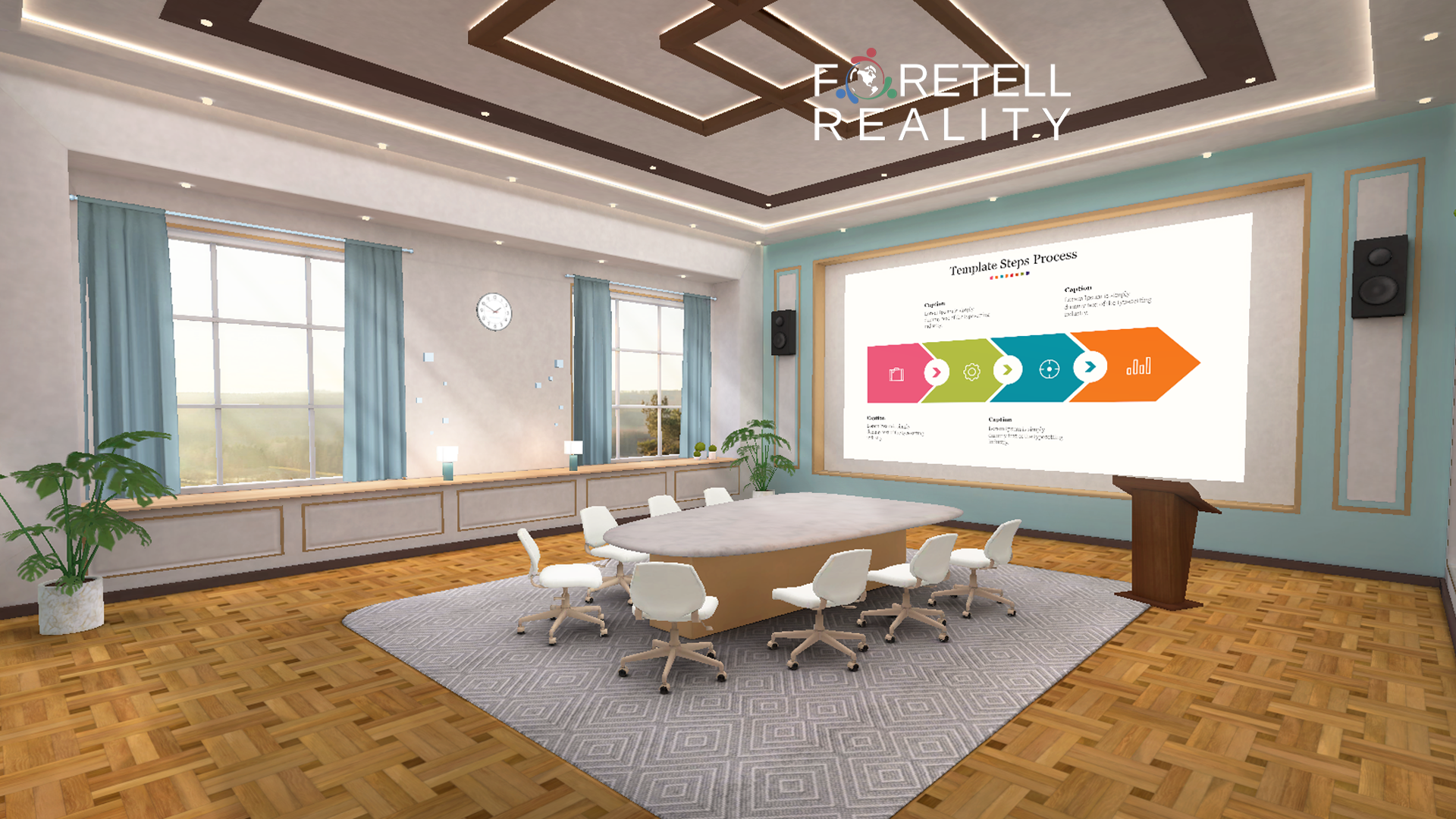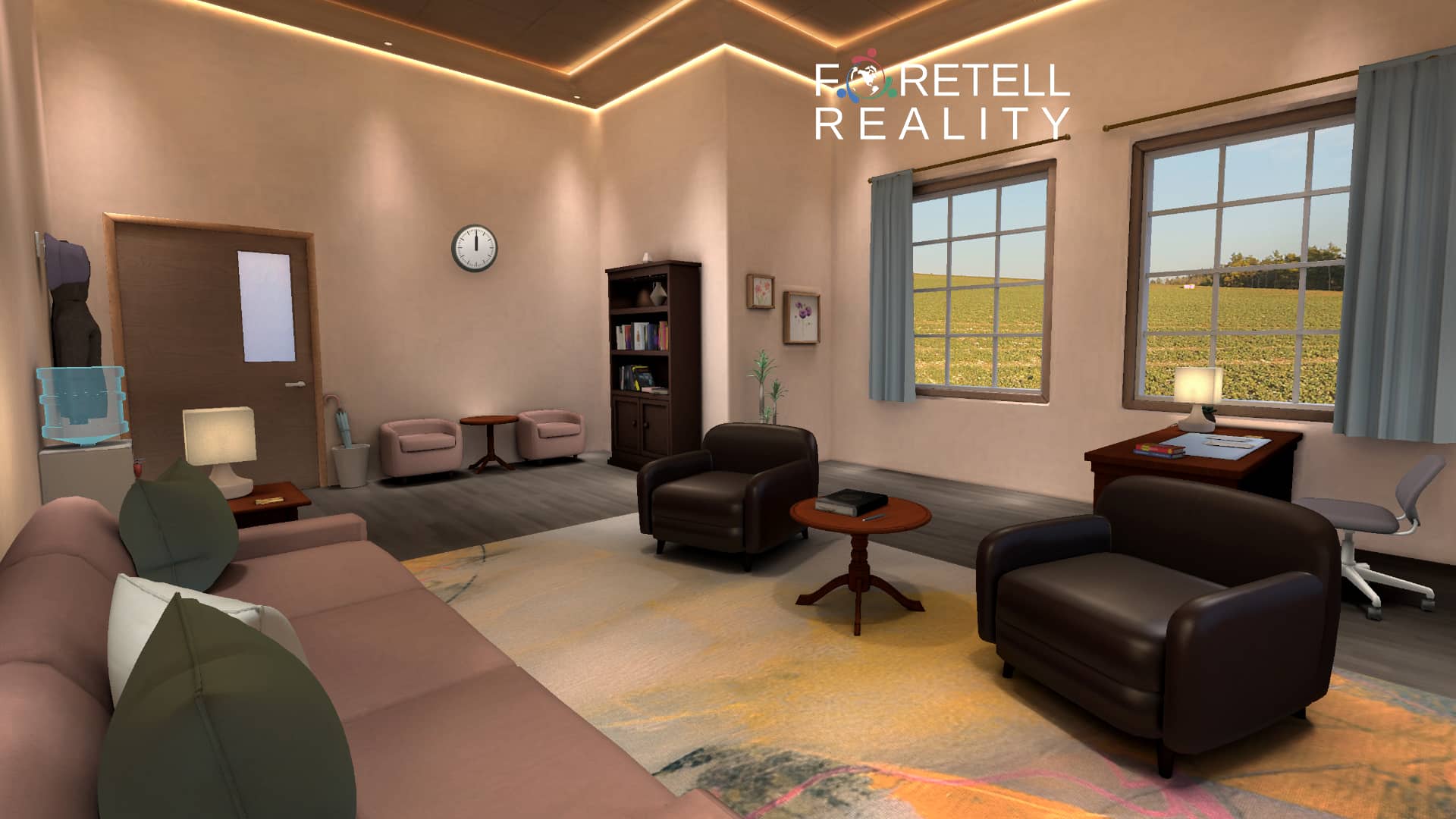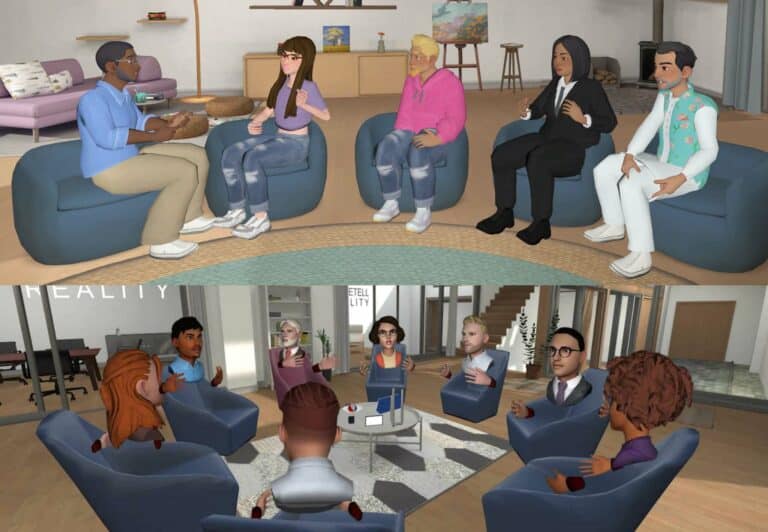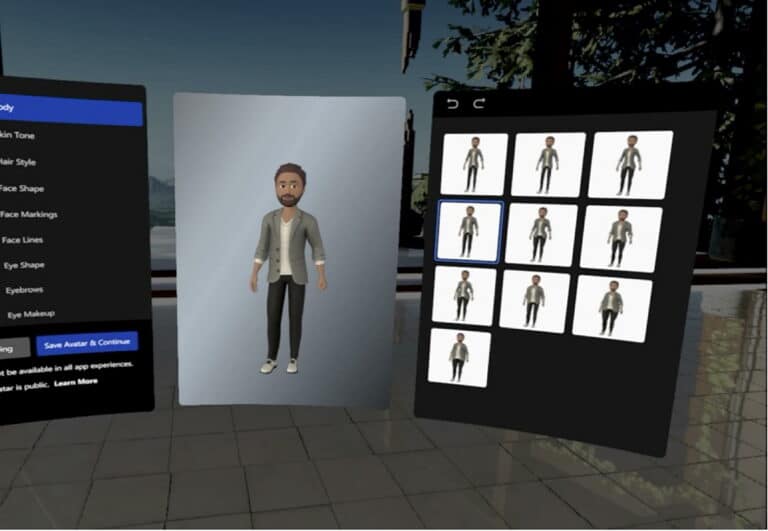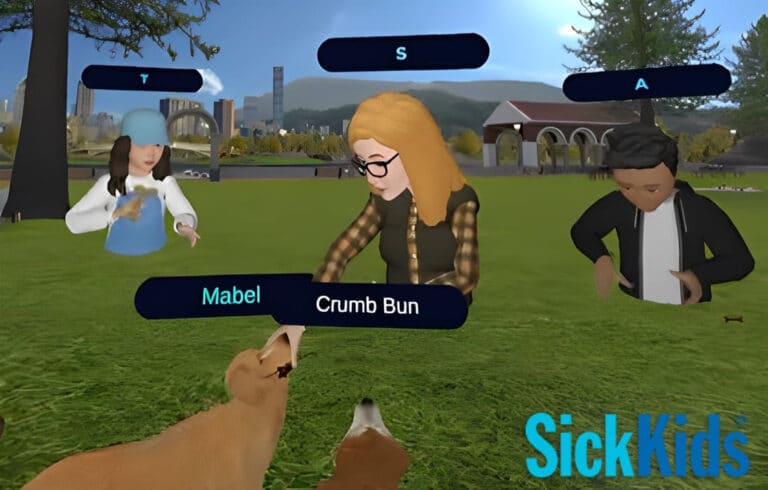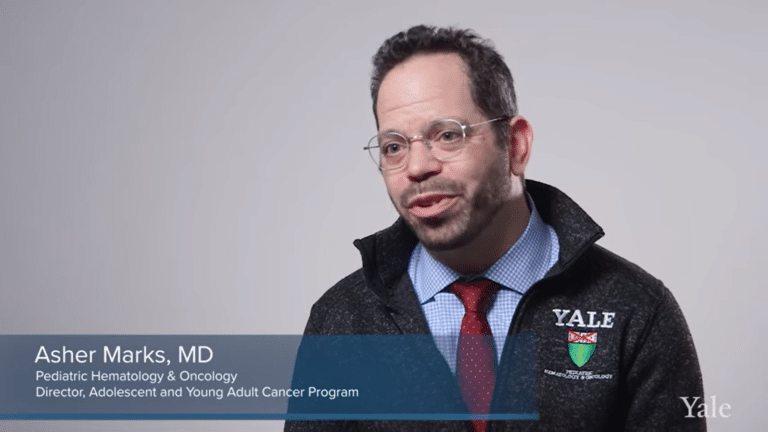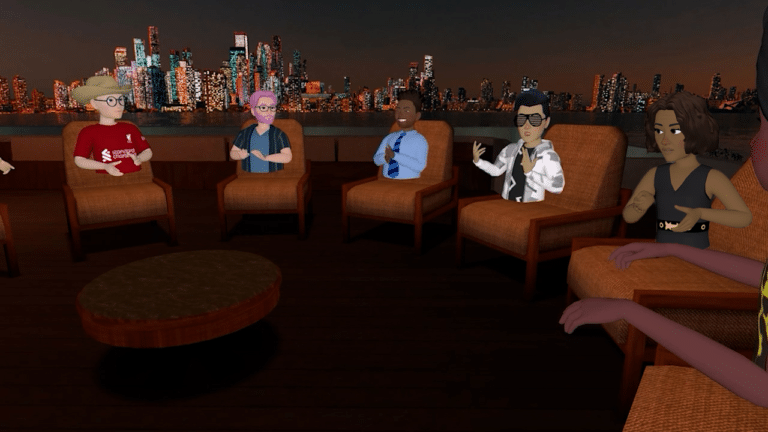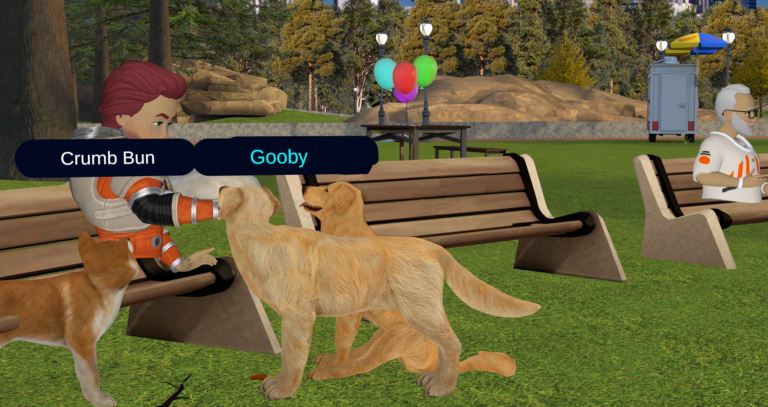Foretell Reality Simulations Transform Clinical Education at Sacred Heart University
Sacred Heart University (SHU) is pioneering the future of clinical education by integrating virtual reality (VR) into its training program for social work students. Using Foretell Reality’s platform, SHU is offering students realistic, emotionally engaging social work simulations that prepare them for the complexities of real-world clinical practice.
Bringing Clinical Skills to Life with Virtual Reality
Led by Vickie Osborne, PhD, Maura Rhodes, MSW, and Krishnaben Patel, PT, SHU’s research team designed a training experience that bridges the gap between classroom theory and fieldwork. The simulations take place in a virtual provider’s office — a fully immersive, interactive environment where students engage with avatar-based patients in lifelike therapy sessions.
Instead of traditional peer roleplay, these simulations allow learners to refine their clinical communication and decision-making skills in a setting that mimics actual therapeutic encounters, without the social pressure of face-to-face interactions with classmates. “The VR platform allowed us to practice our clinical skills without the personal bias of role-playing face-to-face with a peer or friend. It felt like we were actually in a therapy setting,” one student shared.
From Simulation to Real-World Application
In the initial pilot, 21 MSW students participated in a VR simulation using case-based scenarios. During the study, students received a brief orientation and then took turns playing either the client or the therapist. These sessions lasted 20 minutes and were followed by a faculty-led debrief and post-experience assessments.
The results were telling. Students overwhelmingly felt the VR experience mirrored real-world therapy and helped them build clinical confidence. Post-session surveys also indicated strong correlations between feeling immersed in the virtual environment and perceiving it as realistic. “It was a stimulating and enjoyable experience,” a participant noted. “The interaction between counselor and client helped me refine my clinical skills… I highly recommend this teaching method.”
A More Comfortable and Accessible Way to Learn
One of the key advantages students reported was reduced anxiety. Compared to in-person simulations, where peers and professors are physically present, VR created a more relaxed and less intimidating environment. Plus, instructors could observe sessions discreetly through the platform without disrupting the experience. Students found the technology intuitive and easy to use, and teachers were able to observe students through the desktop interface.
Expanding to Interprofessional Education
Following the success of the social work pilot, SHU is expanding this approach to include interprofessional simulations. Physician Assistant students will soon participate as standardized patients in new VR environments. In addition, SHU plans to collaborate with Foretell Reality to simulate a healthcare conference room, designed specifically for cross-disciplinary collaboration.
This model reflects the realities of modern healthcare, where collaboration across specialties is vital. It also provides a scalable, cost-effective alternative to in-person standardized patient sessions, which can be prohibitively expensive and logistically complex.
A Shared Commitment to the Future of Learning
Foretell Reality’s immersive platform supports both in-person and remote learning, ensuring equitable access to hands-on training, whether students are on campus or enrolled in an online program.
By embracing VR, SHU is helping shape a new generation of behavioral health professionals who are not only competent and confident but also more prepared to meet patients where they are—emotionally, interpersonally, and clinically.
